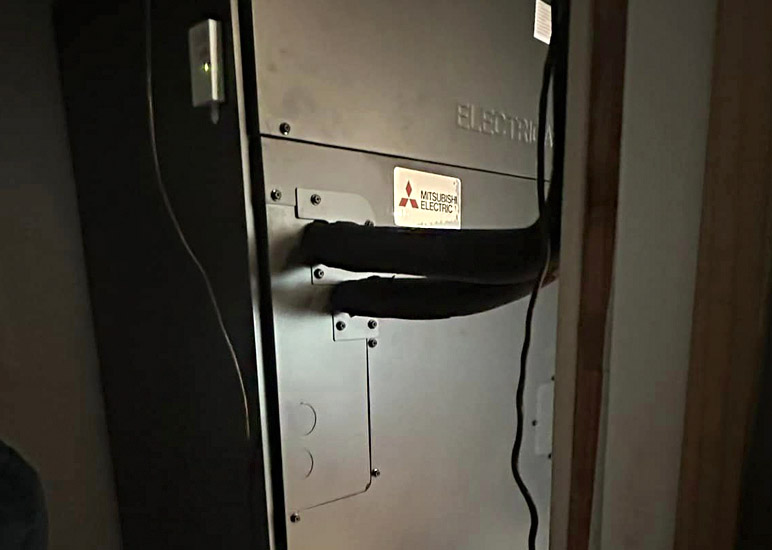Irish Heating and Air Conditioning LLC
Proudly Serving the Central Valley’s Heating & AC Needs
Finding a dependable and affordable heating and air conditioning contractor can be a challenge. That’s why Irish Heating and Air Conditioning is committed to providing pain free, hassle free, fast and quality services, seven days a week. We install new equipment by the best manufacturers in the industry and repair air conditioners, furnaces and commercial HVAC systems by every brand and manufacturer under the sun, which means you’ll never have to call another heating and air contractor again. With everyday service in Tracy, Turlock, Mountain House, Modesto, Manteca and more, you can rest easy knowing your heating and cooling needs are covered.
COVID-19 Protection For Your Home
Irish Heating and Air Conditioning has teamed up with Dust Free to help combat the COVID-19 virus. These whole house air filters can be installed into any heating and air conditioning system to provide total home air purification.
The Dust Free Active system combines UV light, Photocatalytic Oxidation, and dedicated ionization to combat a wide variety of airborne particles, including viruses and bacteria. They can also dramatically improve your indoor air quality by removing other indoor particulate matter, which can help combat allergies and improve quality of life.
Want to learn more? Speak with one of our specialists today.

Why Irish Heating & Air Conditioning LLC?
- Our technicians are fully trained, licensed, insured, and have passed extensive background checks for your safety.
- We cover all components of your air conditioning and heating system, including ductwork, air handlers, central air, boilers, coils, furnaces, and more.
- Our entire team is NATE and EPA certified.
- We offer free estimates on new system installations.
- We respect your home and property. Our technicians wear gloves and boot covers to keep your home clean, and never leave a trace of dirt, equipment, or trash behind.
- We rely on fully-stocked “mobile warehouses” that allow us to finish most jobs in one trip.
- All service repairs are backed by a 1 year parts and labor warranty.
- We offer the best warranty in the business, with the option of a 10 year parts and labor warranty for new system installations.
- We offer an on-time service guarantee and a 10% discount for military and seniors.
- We are locally owned and operated in the central valley, and our company gives back to the community whenever possible.
The Best in Air Conditioning Repair
When your air conditioning goes out, minutes or hours can feel like days. But while other air conditioning services try to fit as many jobs into a day as possible, we take the time to make sure each ac repair job is handled correctly.
- Our technicians can service any brand of AC unit, including York, Carrier, Goodman, Rheem, Trane, and more.
- We only provide long-term ac repairs, because quick fixes cost more in the long run.
- We can repair any kind of air conditioning system, including commercial air conditioning, ductless, ducted, and even window ac units.
- We are careful to avoid voiding any warranties, so you’ll enjoy the maximum coverage for your air conditioning equipment.
- We also provide seasonal maintenance, refrigerant recharges, and on demand tune-ups that can help you avoid unexpected air conditioning repairs.
Learn more about our air conditioning repair services »
Learn more about our air conditioning installation services »
Proudly Serving the Central Valley
With service throughout San Joaquin and Stanislaus counties, help is never far away. Call us any time for service in:
We are also available for larger jobs in additional locations, based on availability. Call now to learn more.
We Install Ecobee Smart Thermostats
With an Ecobee smart thermostat, controlling your climate has never been easier. Ecobee thermostats offer sleek, sophisticated on screen controls and hands free voice activation. Pair one with your Amazon Alexa for even more options.
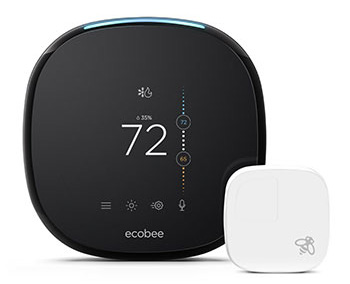
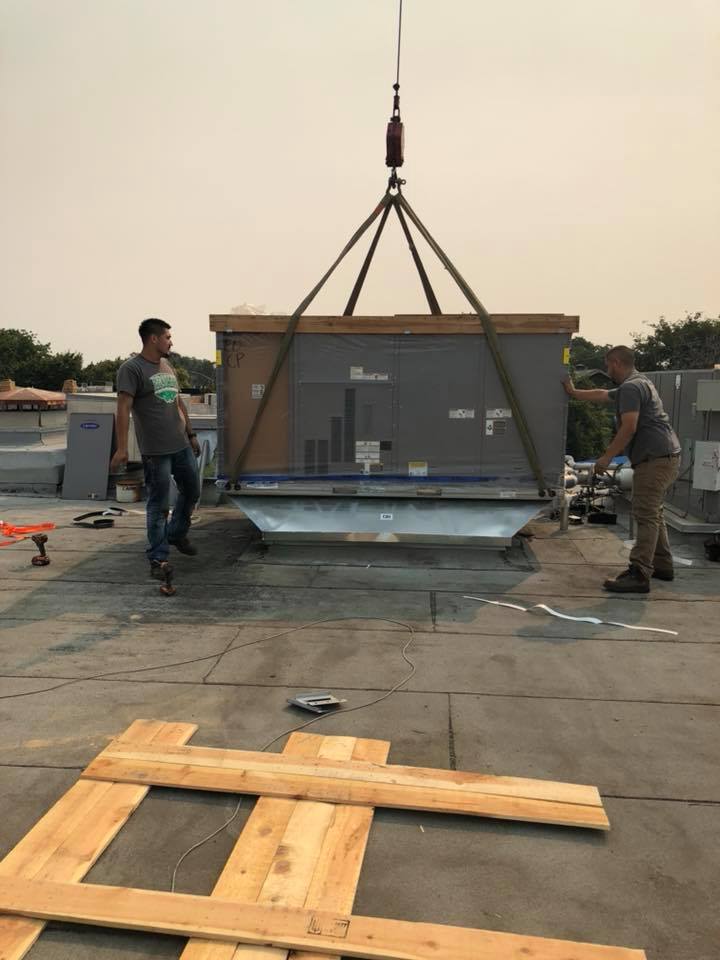
The Commercial HVAC Specialists
A commercial HVAC system can be a huge investment, especially if your business’s operations rely on specific temperature ranges and atmospheric conditions. At Irish Heating and Air, we design custom systems to fit your exacting needs, with components sourced from the best manufacturers in the industry. Our high efficiency commercial HVAC systems are designed from the ground up on your terms, so adding smart controls, indoor air quality equipment, high air flow equipment, or additional cooling for high-priority parts of your property will never be an issue.
When it comes to regular maintenance and repairs, we cover all types of commercial systems, from rooftop packaged HVAC and central HVAC to ductless mini-split systems, and more. Our team works with multi-family residential properties, retail, manufacturing, municipal, medical offices, and every kind of client in between, so you can rest easy knowing that you’re in good hands.
Furnace Repair & Installation
People in the Central Valley might not rely on their heaters quite as much as they do in other parts of the country, but when the weather starts turning down in October or November, you’ll be glad you have a working furnace.
But what if you don’t have a working furnace? Well, you can always call us. Our team only installs the best furnace equipment from leading brands like Arcoaire, but we’re equipped to repair virtually any brand of heater. We can also typically help you bundle a new furnace with a new air conditioner and unlock some great savings.
Learn more about our furnace repair and installation services, or call today to schedule service.

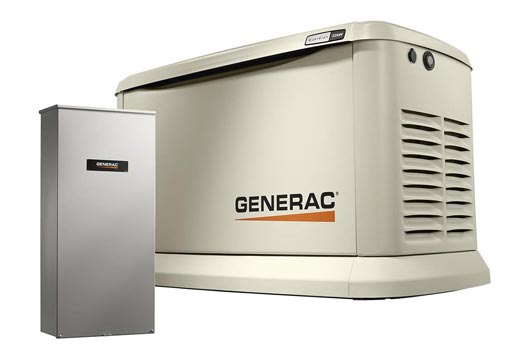
We Also Offer Home Generator Installations
Don’t let a power outage risk your family’s safety. A whole home generator can power an average sized home for a day or longer without relying on the city’s power grid. At first, this might seem negligible, but the difference between a day with power and without power can be shocking.
Backup generators are a smart investment for homeowners that want their home to be prepared for an emergency. If you’re still not convinced, give us a call and ask about our special home generator financing option and 5-year parts and labor warranty.



Get Financing for Mitsubishi Heating & Air Conditioning Systems with Synchrony
We believe everyone should be able to afford the best in heating and air systems. That’s why we’ve partnered with Synchrony to offer some of the industry’s best financing for Mitsubishi ductless heating and air conditioning systems.
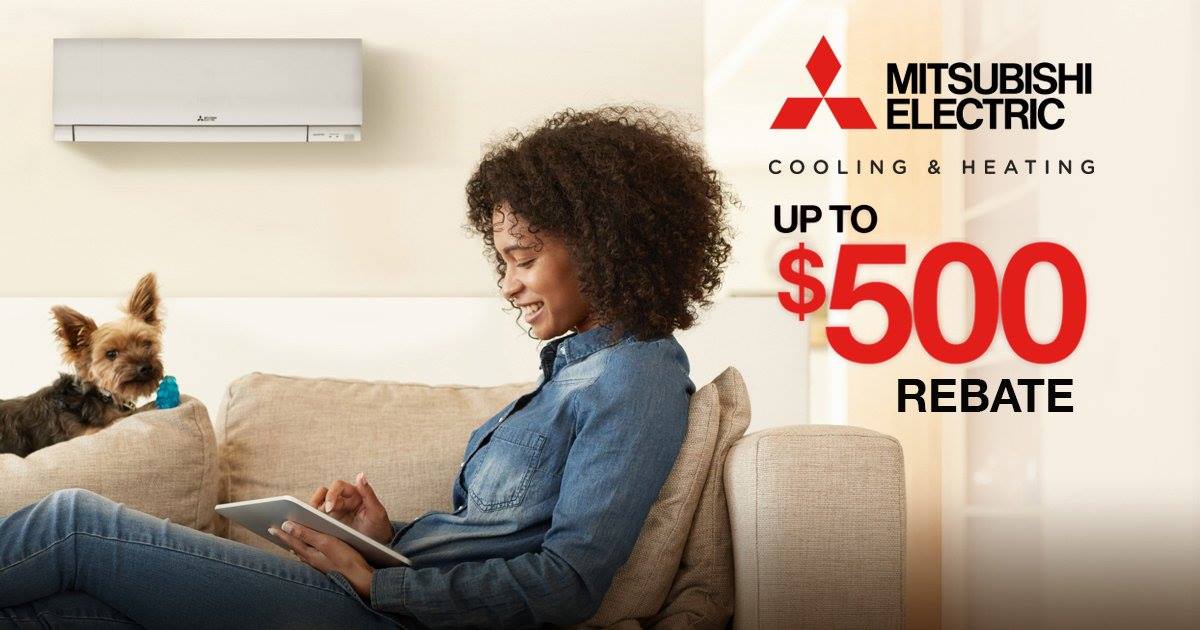
Want to Save Even More?
Get up to $500 back when you install a new heating and cooling system from Mitsubishi Electric. Call now for details.
Our Latest Blog Posts
How To Tell if Your Furnace Is Gas or Electric
In the labyrinth of modern home appliances, distinguishing between different [...]
Furnace Not Kicking on When the Temp Drops? 3 Things to Try
We've all been there. It's a chilly evening in Tracy, [...]
How Long Should a Furnace Stay Off Between Cycles?
During the winter in Tracy, the comforting embrace of a [...]






